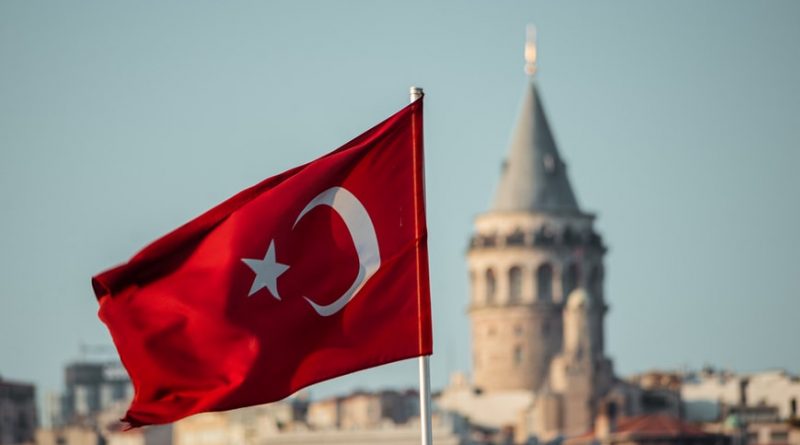New Abortion Laws in Texas Place the United States at a Moral Crossroad
Texas’ new abortion laws, which ban abortions six weeks post-conception with no exceptions for rape or incest, were signed into effect by Governor Greg Abbott on September 1, 2021. The laws are setting a dangerous precedent in the U.S., causing other states like Florida to propose increasingly restrictive laws. Meanwhile, Mexico’s laws are prohibiting judges from charging women who receive abortions, even in regions where abortion has not yet been decriminalized. The contrasting approach toward abortion between Mexico and Texas shows a dangerous trend that could lead the U.S. down a rabbit hole of restricting reproductive rights.
Read More






